Enjoy the Conversations and Debates at Our Conference “Culture – The Third Pillar of Foreign Policy”
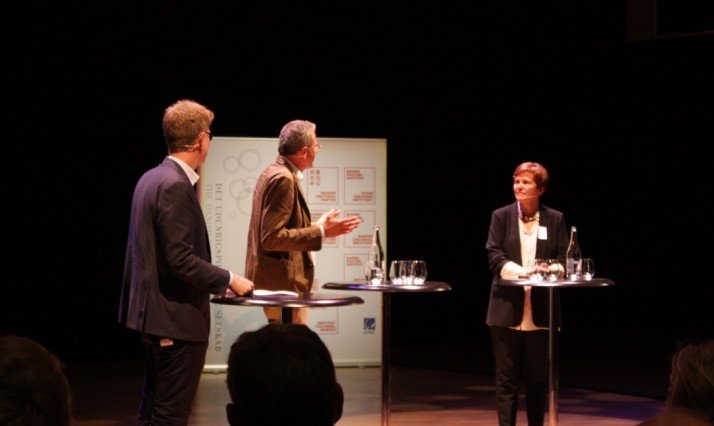
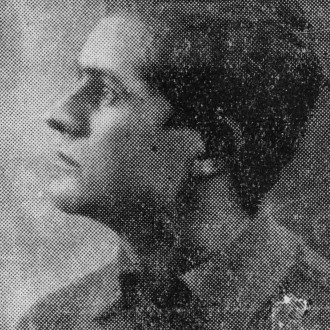
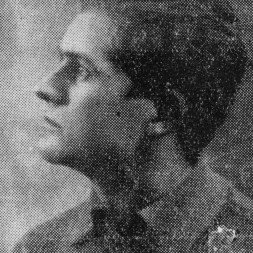
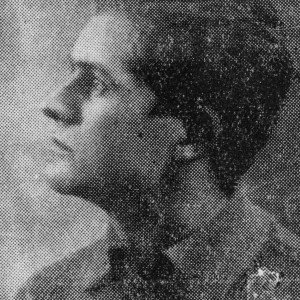
The 75th Anniversary Conference was held on the 30th of August 2016 at The Royal Library on Slotsholmen in Copenhagen. Organized by Danish Cultural Institute in cooperation with Danish Foreign Policy Society and Folmer & Helle Wisti Foundation for International Understanding.
You can see all the conversations and debates from the conference here.
On Tuesday 30 August Danish Cultural Institute celebrated its 75 years anniversary by inviting Danish and international guests to a conversation on the value of culture as the third pillar in Foreign Policy.
The conference was arranged in cooperation with the Danish Foreign Policy Society and Folmer & Helle Wisti Foundation for International Understanding.
The celebration took place in the Danish Royal Library in Copenhagen, and DCI was delighted to welcome an audience of 400 from the world of arts and culture, cultural and foreign policy, philanthropy, business, NGOs, diplomacy, research, media, etc.
Among the keynote speakers were the Danish Minister for Culture Bertel Haarder and Foreign Minister Kristian Jensen. From the world of culture, education and the arts, including business and politics, DCI is looking forward to conversations between the Dutch historian and journalist, Geert Mak; Prorector for Education at Copenhagen University Lykke Friis; Artist Olafur Eliasson; Head of the independent, Russian publishing house ”New Literary Observer” Irina Prokhorova; Head of Advocacy and R&D at European Cultural Foundation, Isabelle Schwarz; Danish Author Jens Christian Grøndahl; Chairman of the Carlsberg Foundation and Supervisory Board at Carlsberg A/S, Professor Flemming Besenbacher; Chairman of the Augustinus Foundation Anne Birgitte Gammeljord; CEO of PensionDanmark Torben Möger Pedersen, Theatre Director Henrik Hartmann, Architect Kim Herforth Nielsen; writer and historian Bo Lidegaard and MP for the Danish People’s Party Morten Messerschmidt; Chairman of Danish Cultural Institute Michael Christiansen and Secretary General Michael Metz Mørch. Moderator is journalist and author Martin Krasnik.
The artistic contributions were delivered by Middle East Peace Orchestra and Koppel & Son.
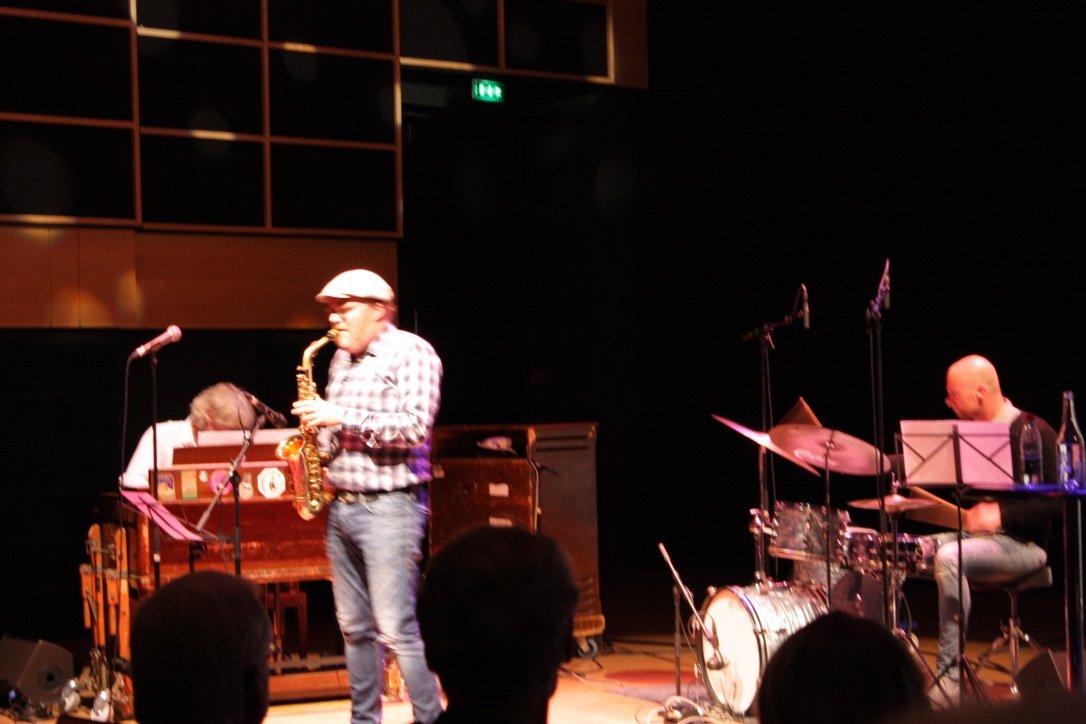
Looking back – An Openness to the Foreign and Retention of Our Own
In 1940 the Danish Cultural Institute was born based on the founder, MA in Slavic Culture, Folmer Wisti’s personal experiences from the Balkans and Poland in the 1930’ies of a Europe on its way to catastrophe and his desire never to let this happen again.
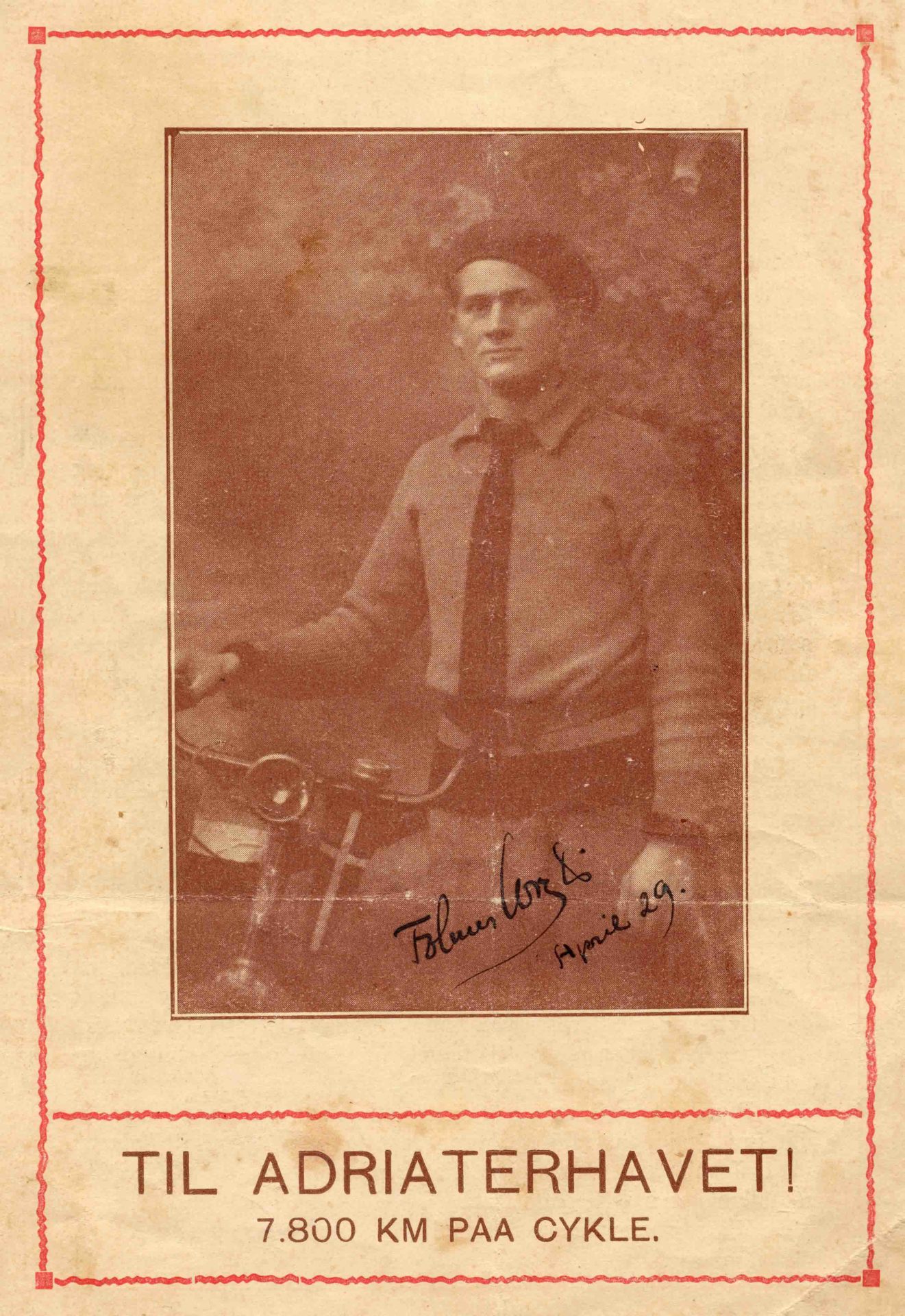
At the inaugural meeting of the Cultural Institute during World War 2, the Danish physicist and Nobel Prize winner, Niels Bohr, expressed that a ”reconciling openness to the foreign and a retention of our own” is a basic building block of Danish Culture”.
The Institute emanated 75 years ago, on the initiative of 34 outstanding Danish personalities from the world of culture, business, education and science, as a counter-reaction to the dominating political environment in Europe at that time. The Institute based its work on the beliefs, that collaboration, mutual under-standing and cultural dialogue are of outmost importance and can arise from cultural engagement and exchange.
Today, like 75 years ago, the need to prevent conflicts and strengthen cultural cooperation, is again paramount. In Denmark, in Europe and in the World.
Foreign policy is traditionally focused on security and economy. In Denmark this is e.g. reflected in the investigation report “Review of Danish Foreign and Security Policy”, published in May 2016, that gives a fresh perspective concerning Denmark’s foreign and security policy. Danish Cultural Institute was happy to note, that the report actually took note of the importance of cultural relations and advised to look into how to strengthen the cooperation between the various Danish players in this important field.
Security and economics are indeed central concerns, but they do not alone create the relations, which in the long term will prevent conflicts.
Countries and communities struggle – as globalization moves on – increasingly for their cultures and values, and without good underlying international cultural relations and competences, security can not be created.